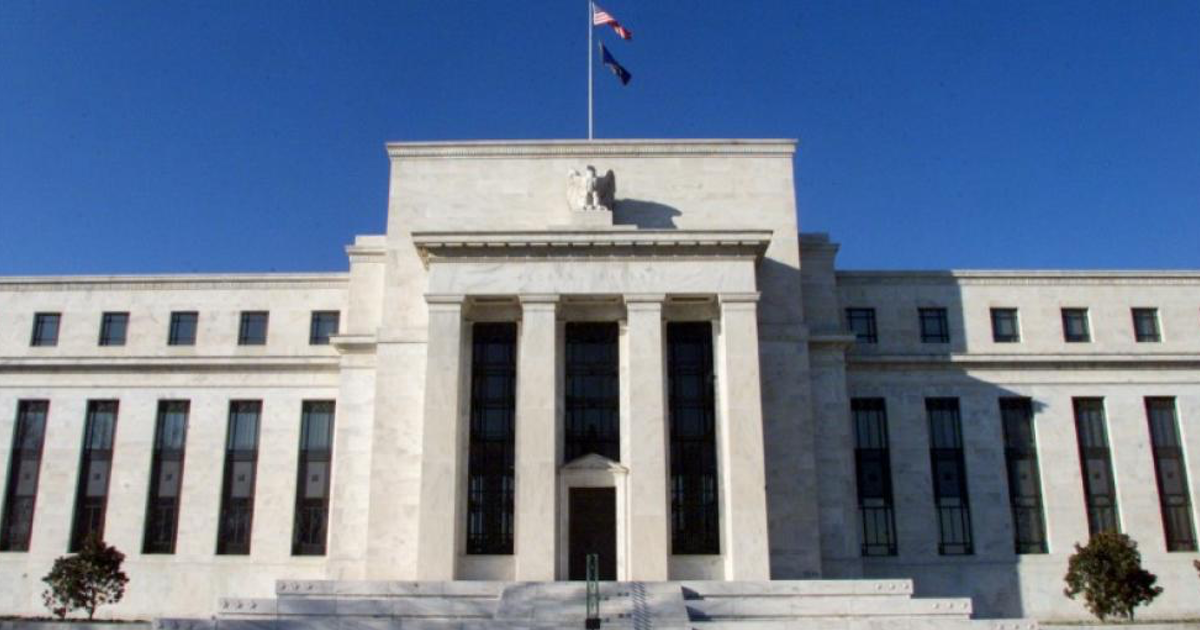|
By Walter E. Block
A pre-Covid brou-ha-ha entered into by our president concerns interest rates. The Federal Reserve System is raising them to inappropriate levels, in the view of Mr. Trump; he would like them to remain as low as possible, so as to pump up the economy. Specifically, he averred: “I think we have much more of a Fed problem than we have a problem with anyone else.” Members of the economics profession are divided on this matter. Some argue that pre-Covid unemployment rates were at near record lows, and quit rates high (indicating worker confidence). There were then more help-wanted advertisements than unemployed people. Also, they maintained, it is easier to nip inflation in the bud then to wrestle it back down to the ground. This would tend to suggest higher interest rates are justified so as to cool down an economy possibly becoming overheated. All of this mitigates in favor raising rates to historically more normal levels. However, argue other dismal science professionals, the Fed is too keen to see an inflationary threat. Excluding food and energy, which oscillate more rapidly than other elements of it, the then consumer price index had increased by an annual rate of only 1.6%. As well, it is difficult to argue with such economic success, which has emanated at least in part from low interest rates, a precedent followed under the Obama Administration. But whatever their views on whether small, gradual boosts in interest rates are justified, the financial soothsayers are united on one thing: the Fed operates best when it is kept independent of politics. This has been the policy of the executive branch for lo these many years. Until Donald Trump, that is, according to some commentators. The overwhelming proportion of economists maintain that the President should adopt a strict hands-off policy. Appoint its leader, and then let the Fed be the Fed. Why are interest rates so important? Simply because they pervade the entire economy, every jot and tittle of it. Prices of steel, fuel, food, are of course important, but their scope is far more limited. Interest rates are integral to calculating present discounted values, pretty much the be all and end all of all economic evaluations, investing, buying, selling, etc. Plus, these rates impact all other prices, including these other important staples of the economy. So, should the Fed raise or lower interest rates? Mr. Trump wants them as low as possible, so as to pump up the economy, in time for the next election. This is sometimes referred to as the “political business cycle,” which conforms Fed policy to the preferences of those who hold political power. Many others think the time is right for a return to normalcy, and to slow down the previous over-exuberant economy. Let us ask a very different question: should the price of lima beans be boosted or decreased? This is a silly question: the proper answer is, allow supply and demand to set the price of this foodstuff. In that way, we can avoid shortages and surpluses. Non-market decision making for this issue smacks of central planning Soviet style. But, contrary to the views of practically all and sundry, it is the same with interest rates. It is identical. There is no difference. Allowing the Fed, and not supply and demand for loanable funds, the savings and investment decisions of millions of market participants, to determine the height of interest rates, equally reeks of central planning. The Fed, in this view, amounts to the Sovietization of an absolutely crucial aspect of our economy. Ah, but the critic will say the Fed must set the money supply, and without its wise determinations, the economy would veer, helplessly, from vast unemployment to inflation and back again in never ending horrendous cycles. The Fed’s job is to attain price stability and the maximization of employment. However, a quick peek at the roughly one hundred years before and after the establishment of this institution in 1913 indicates that the oscillations of the business cycle were much greater before than after. As for price stability, the dollar has lost something in the order of 95% of its value since the Fed came on stream. Should the Fed raise or lower interest rates? Neither. It should get out of the way of the free enterprise system. Interest rates, as in the case of all prices, should be determined by the marketplace. End the fed.
Dr. Block [send him mail] is a professor of economics at Loyola University New Orleans, and a senior fellow of the Ludwig von Mises Institute.
Comments are closed.
|
Archives
July 2024
|


 RSS Feed
RSS Feed



